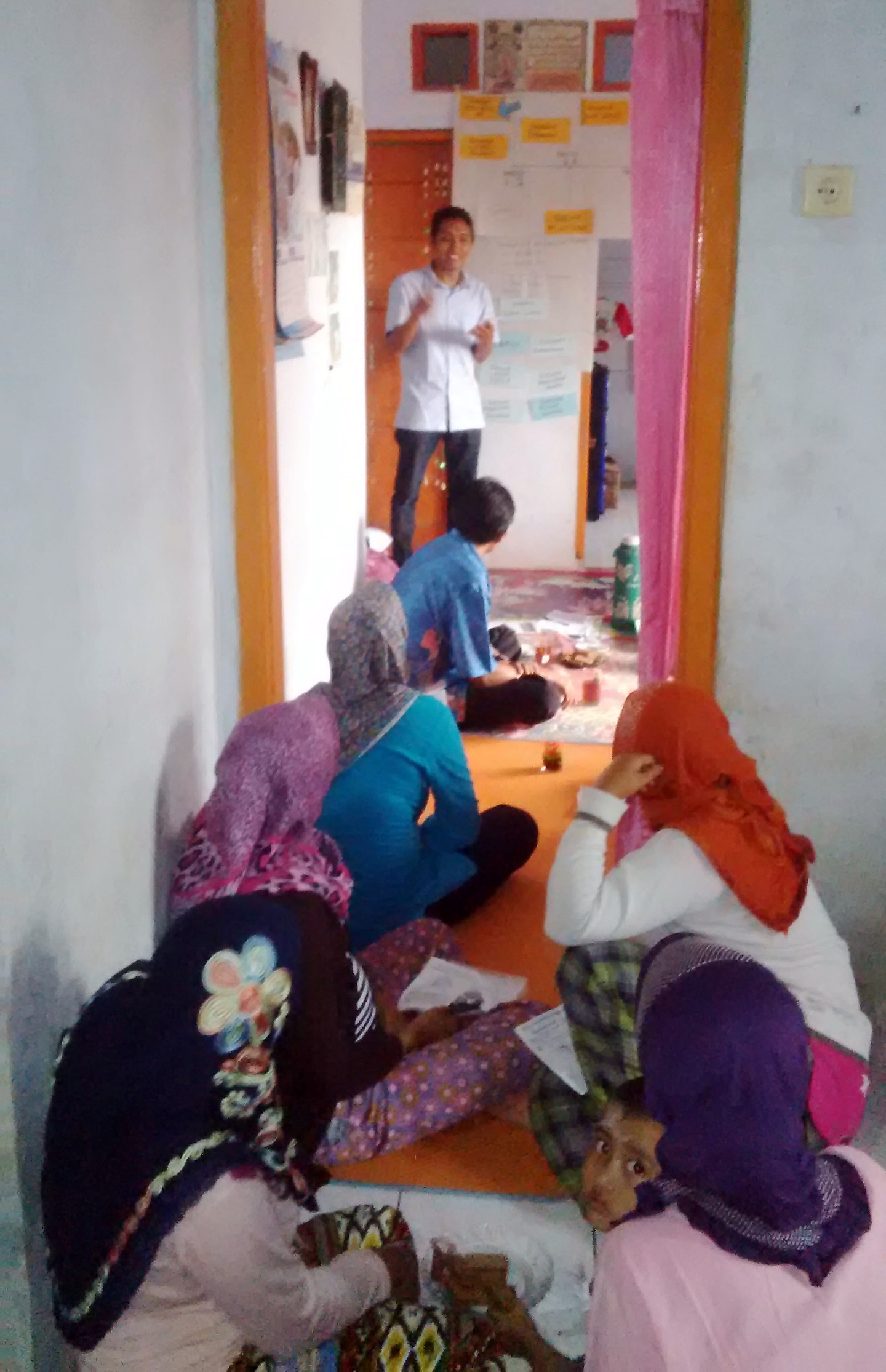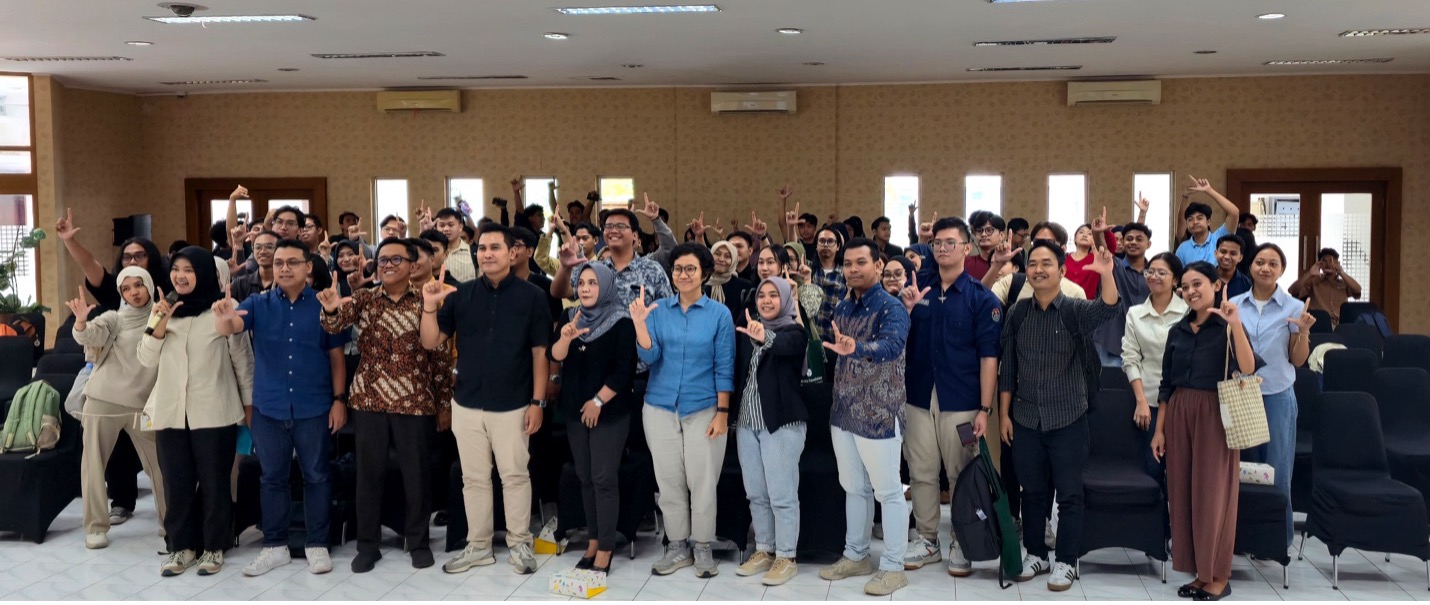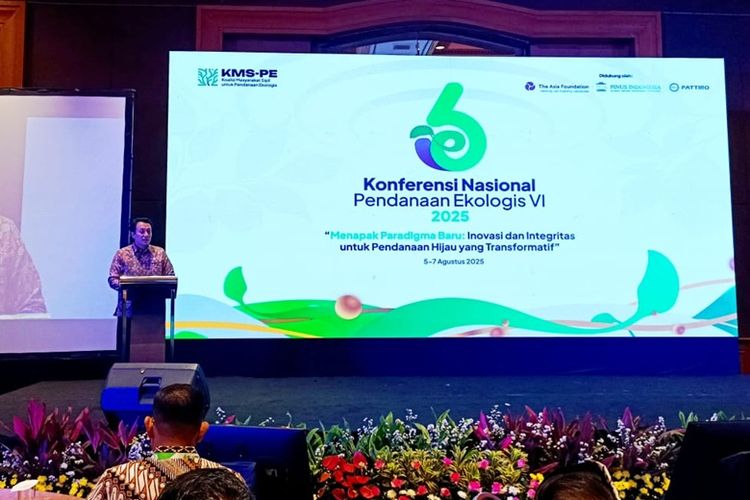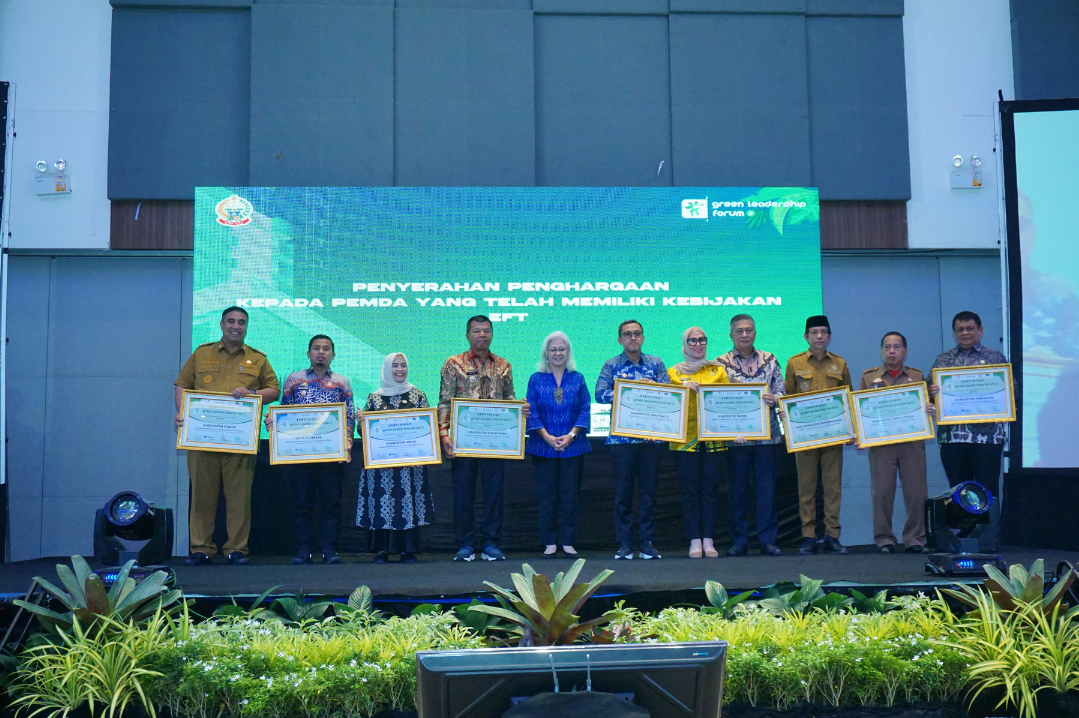Stories from the Field by Muhamad Ridho Dinata*
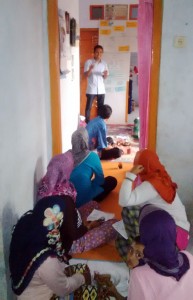 Cipalabuh Village, located in Cijaku District, Lebak Regency, Banten Province, is an agricultural and plantation area. This village consists of eleven villages which are located far from each other.
Cipalabuh Village, located in Cijaku District, Lebak Regency, Banten Province, is an agricultural and plantation area. This village consists of eleven villages which are located far from each other.
Difficulty in road access is the main problem that the people of Cipalabuh Village often complain about. This also led to the emergence of other problems, including problems regarding health service facilities. Due to the difficulty of road access, village communities have to dig deep into their pockets for transportation costs to get to the health center. Apart from that, still related to health services, village communities also have to face problems such as the lack of availability of medical equipment and medicines, as well as the lack of privacy when mothers give birth in the delivery room. These various problems also affect the health status of mothers and newborn babies in Cipalabuh Village.
In response to these various problems, a group of women in Cilatuk Village, one of the villages in the village, who work as both farmers and housewives, took action. Together, they strive to improve health services and improve the health status of mothers and newborns. They carry out various organized social actions, including conveying maternal and newborn health problems to relevant stakeholders such as village heads, midwives and community health center managers as health service providers. Through this action, mothers who are members of community activist groups also demand that these parties take part in improving the health status of their community, especially mothers and newborn babies.
Fighting Fear
The ten community activist women initially felt reluctant, embarrassed and afraid to convey their complaints regarding various health problems in Cipalabuh Village. This is because they do not have enough experience in interacting with these stakeholders because they have never previously been involved as Family Welfare Development (PKK) or posyandu cadres. The background of the community activist mothers, who only graduated from elementary school, is also a factor in the emergence of this feeling of shame and fear.
The high cost of childbirth, the difficulty of getting a vehicle to take a mother giving birth to the health center, the limited medical equipment and medicines are felt by every mother in Cipalabuh Village, including community activist mothers. However, because of the fear and shame they had, community activists were initially only able to offer sympathy and empathy, nothing more. They only conveyed their feelings of sympathy and empathy regarding the condition of mothers and newborn babies, as well as the mothers’ concerns in the discussion forum at the village patrol post.
The awareness of the importance of fighting fear and shame has actually been well understood by community activist mothers. They know and understand that only by getting rid of this feeling can they help improve the health conditions of mothers and newborn babies in Cipalabuh Village. After making up their minds, they agreed to meet the stakeholders in their village together. They believe that action taken collectively will have a greater impact on change compared to unorganized individual action.
The courage of these community activist mothers also had a positive impact. In several meetings they held with stakeholders, mothers began to have the courage to convey their aspirations to improve the health of mothers and newborns in their villages. They also began to freely convey their complaints and various stories in the field to village elites and the community health center. In fact, community activists are starting to dare to reprimand them if they are slow in providing services and responding to residents’ complaints.
Together We Can Do It
The ten mothers began to be active as community activists who paid more attention to overcoming the health problems of mothers and newborn babies in their villages since October 2015, after PATTIRO through the Transparency for Development (T4D) Program provided assistance to them. Since then, they have carried out a number of social actions such as meeting midwives and village heads to discuss solutions to existing health problems. Even though it was only limited to short meetings, this action had a very broad impact, especially in improving the health status of mothers and newborns in Cipalabuh Village.
The first action that Cipalabuh Village activists took was to hold a meeting with the village midwife. At the meeting, community activists conveyed the various problems they faced regarding puskesmas services, especially services for mothers giving birth, such as the lack of privacy for women giving birth while in the delivery room, the lack of availability of medicines and medical equipment, and the high cost of giving birth. Community activists also expressed their need for additional ambulances because the existing fleet could not reach the entire community of Cipalabuh Village due to its location far from the Cijaku District Health Center.
The Cijaku Community Health Center immediately brought the results of the meeting into an evaluation meeting with the head and all stakeholders at the community health center. The aspirations of the community activist mothers immediately received a response from the community health center. Two months after the meeting, changes began to be felt by the community. The health center has provided partitions in the delivery room. They also keep the partitions clean by replacing them regularly. Community health centers no longer lack medical supplies and have provided new equipment such as vacuums – suction devices – to assist mothers in the birthing process. Maternity fees have also decreased from previously IDR 450,000 to IDR 350,000. The Puskesmas also added an ambulance fleet as requested by community activists.
After that, as a second social action, community activists dared to meet the Head of Cipalabuh Village to convey the problem of damaged village road access to the health center. Community activists are encouraging the village government to immediately improve the condition of the roads, especially the roads that are no longer suitable in Pasir Tapos and Cianyar villages, which are located furthest from the Cijaku Community Health Center. The village head quickly responded to the aspirations of the community activist women. He said he was ready to support every proposal they made, including including plans to repair roads in the two furthest villages into the planning for the use of Village Fund Allocation (ADD) funds in 2016. In fact, the village head plans to appoint community activists into the Women’s Farmers Group (KWT) Cipalabuh Village and will provide uniforms to them.
Seeing the success they have created, the activist mothers from Cipalabuh Village are committed to spreading the spirit of caring and campaigning for the importance of maternal and newborn health to all residents of Cilatuk Village and other village communities in Cipalabuh Village.
*) PATTIRO Facilitator in the T4D Program in Banten Province | Editor: Ega Rosalina

